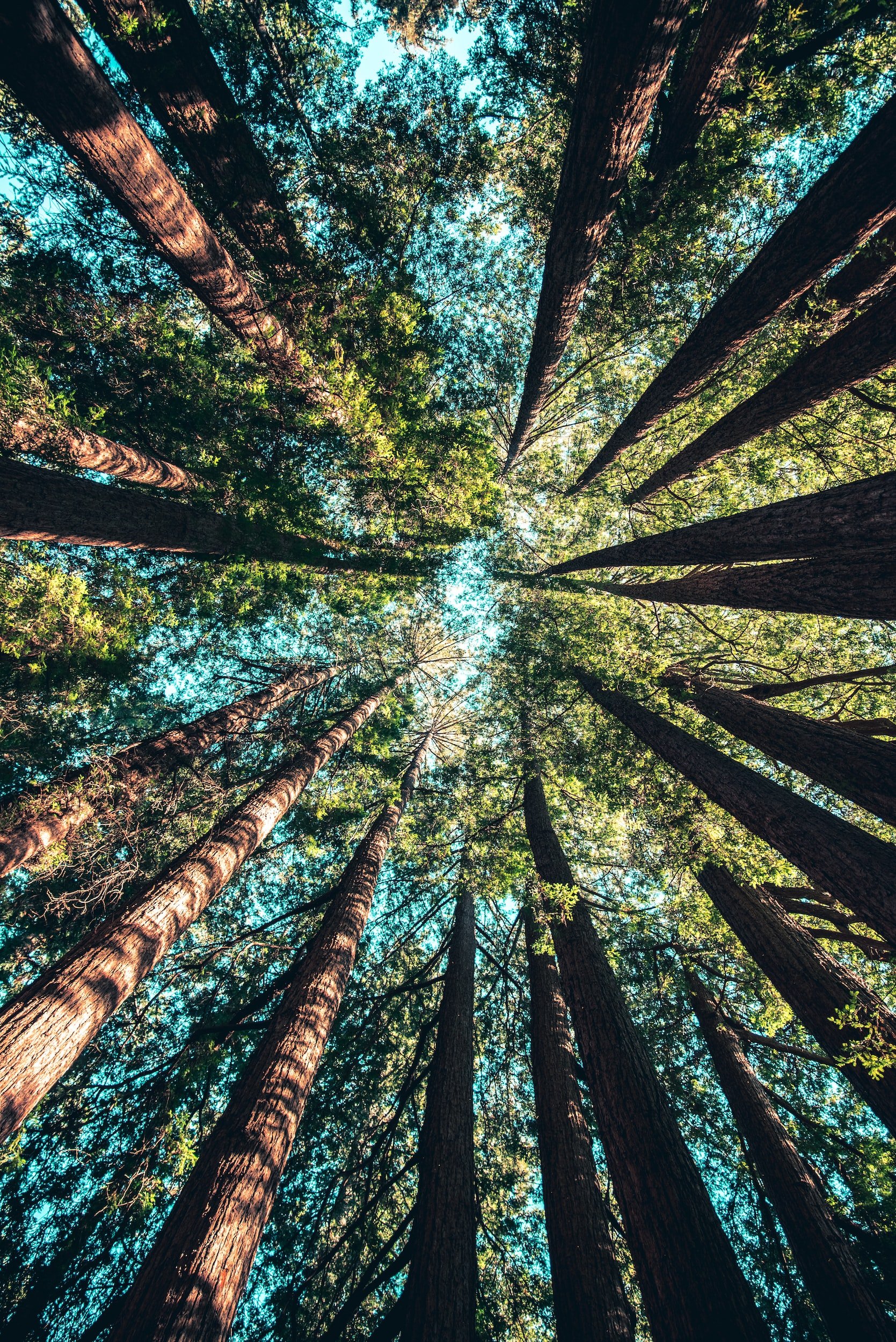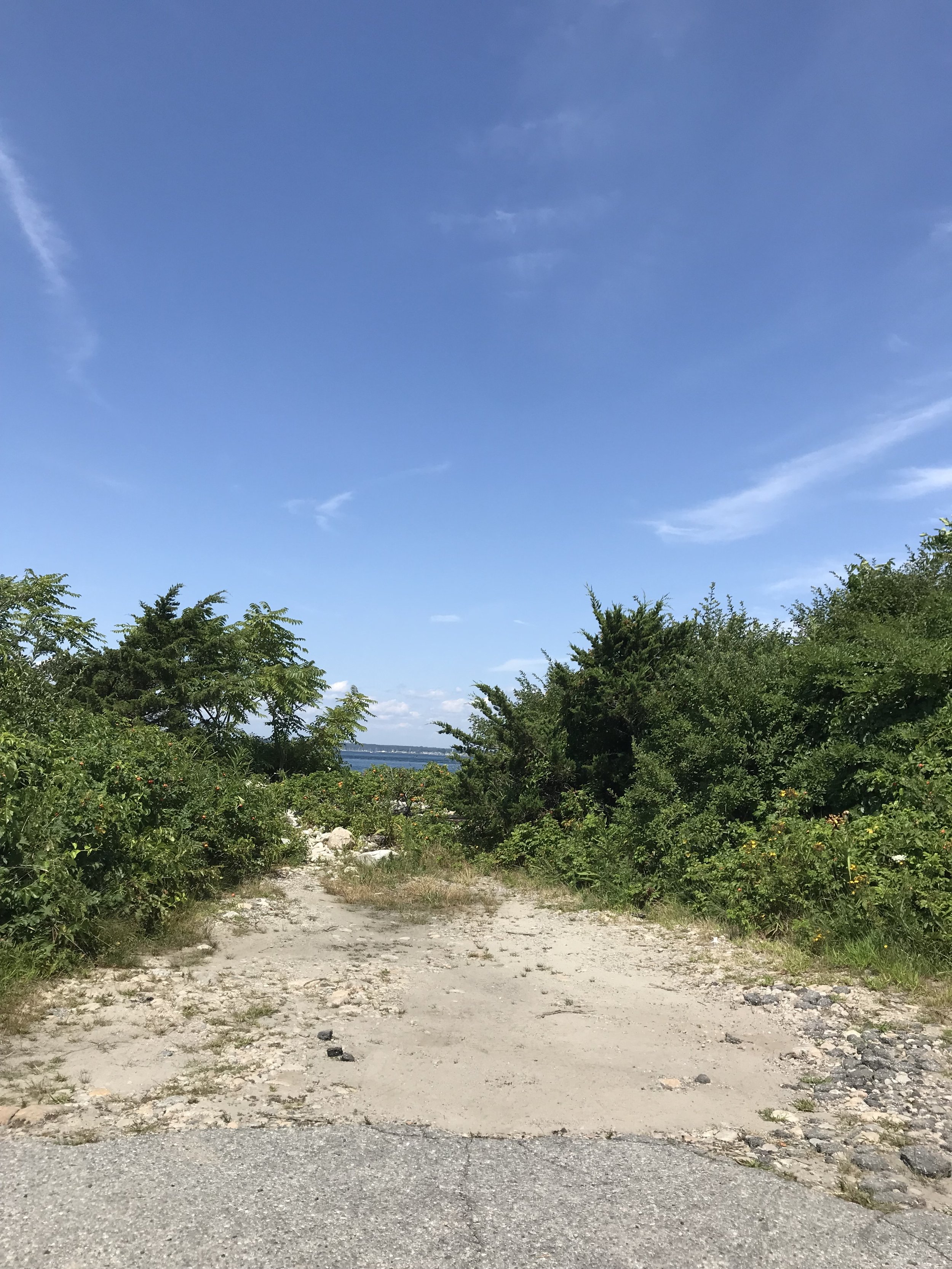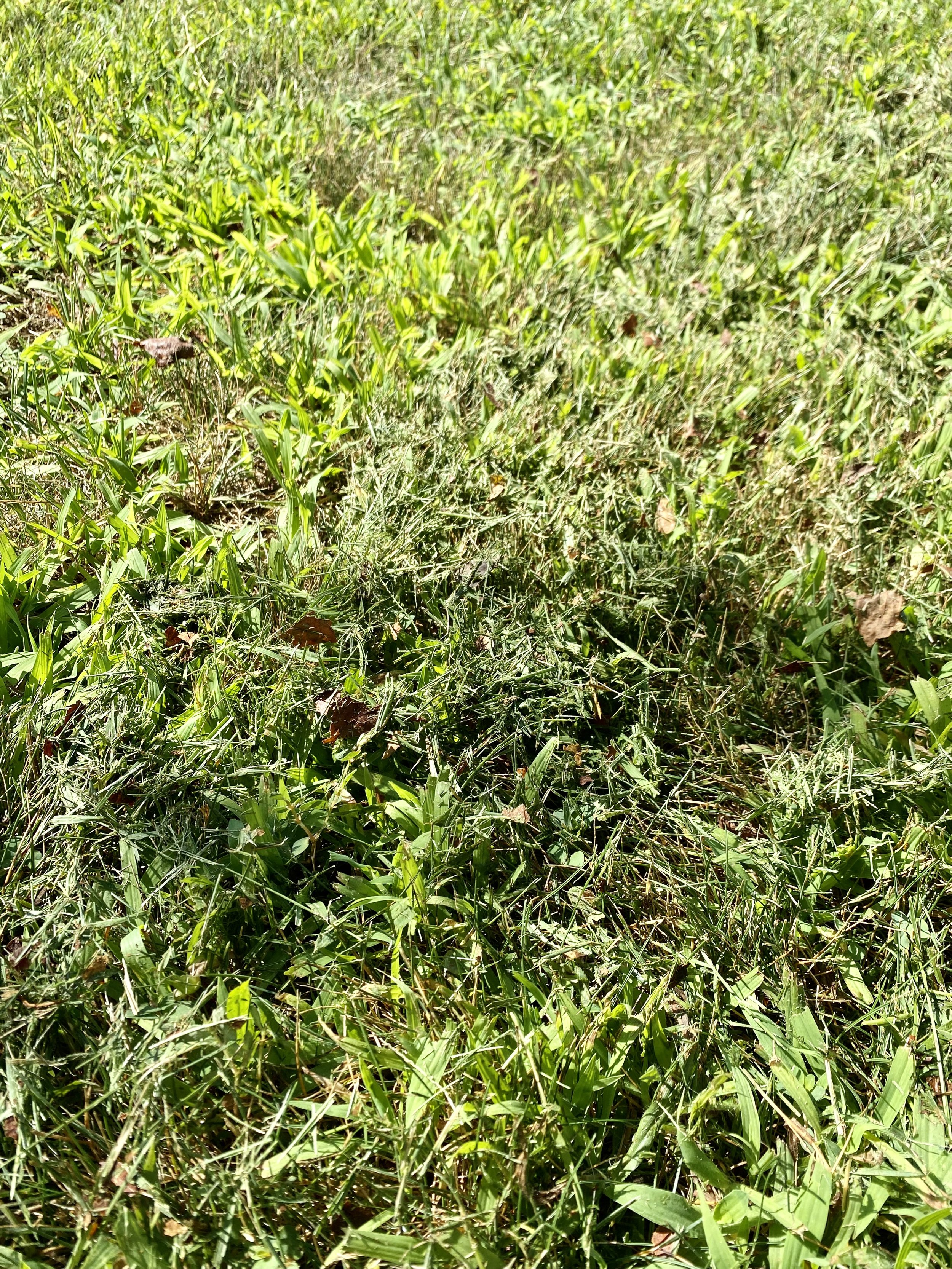
Go Natural, Plant Native
Reduce your nitrogen footprint by switching to natural fertilization methods and planting native species
Go Natural
-

Compost or Compost Tea
Using food or plants that you would otherwise throw in the garbage, you can create compost that will return the nutrients you do not consume to the earth. Composting is a natural, waste-free way to fertilize your lawn and garden. Note that in New York, you may not use compost that has been chemically, mechanically, or otherwise manipulated [1]. Find a how-to guide for composting here.
-

Blood Meal Fertilizer
Blood meal fertilizer is high in nitrogen, so it is important not to over-apply. 1 pound per 100 square feet is recommended but err on the side of less if in doubt. This product can also make your soil acidic, which may not allow some plants to thrive. Use blood meal carefully and selectively to ensure your garden and our waters are safe and thriving.
-
Grass Clippings
There are two ways you can use grass clippings. You can leave clippings on the lawn, which allows the grass to recycle the nutrients into the plants. Or, you can gather the clippings and add them to your compost. Using grass clippings as a fertilizing alternative is a simple way to beautify your lawn without the nitrification of our waters.
-

Clover Mixed Lawn
Clover is a resilient plant with deep roots that keeps it green even during droughts. By sprinkling clover throughout your lawn, clover will act as a fertilizer by bringing nitrogen from the air into the soil. It’s even a natural weed deterrent by crowding out invading broad-leaf weeds. Clover is a low-maintenance, high-reward plant that will make your lawn look beautiful.
Be Careful of these Natural Alternatives
-

Bone Meal Fertilizer
New York State law governs the use of bone meal as a phosphorous-containing fertilizer. You may only use it if you are establishing a new lawn or have received results from a soil test that show your soil does not have enough phosphorous. Additionally, it is only effective in acidic soil. Ensure bone meal is the right choice for your lawn with a diagnostic test.
-

Animal Manure
In the State of New York use of manure that has been chemically, mechanically, or otherwise altered is not allowed. Only organic matter that has undergone “aerobic, thermophilic decomposition” [1] is not restricted. Composting manure yourself is permitted and an effective method of keeping your plants nourished. Find some helpful tips for manure composting here.
-

Peat Moss Fertilizer
Please avoid using peat moss. Despite its many benefits in gardening because it prevents nutrients from leaching out of the soil, its use is unsustainable. Peat moss grows very slowly, and harvesting is environmentally destructive. Use alternative natural fertilizers rather than contribute to this unsustainable practice.

Why should we plant native?
-
The soil on Fishers Island is coarse and sandy; as a result, it does not retain moisture or nutrients as well as other soil types. Native plants have already adapted to the soil and climate on Fishers Island, so they will be able to thrive without our intervention. These plants require less fertilizer and pesticides to establish and thrive in your garden.
-
Since native plants naturally grow well in Fishers Island soil, these plants require less attention to grow healthy, strong, and beautiful.
-
When you add native plants to you garden, this naturally reduces the size of your lawn. Less lawn means less fertilizer, pesticides, and maintenance to keep your grass green!
If you are interested in beautifying your lawn without adding to your workload, check out the Native Plant Trust link below. Enter the Fishers Island region “Atlantic Coastal Pine Barrens” to identify native species that fit your requirements.
Native Plants for Your Landscape
When considering pesticides, remember that what you spray will make its way into our water bodies. Pesticides damage water quality and harm the eelgrass beds around Fishers Island.




